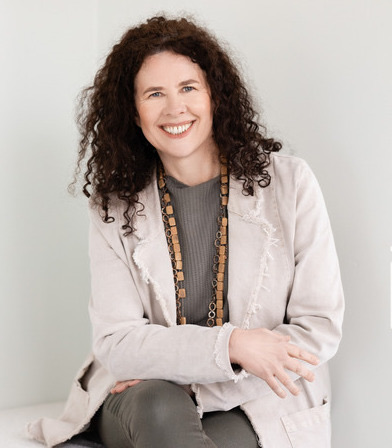Understanding loss and grief
Grief is the deep and poignant pain that we experience after losing an important part of our lives. It can show itself through a variety of emotions — following the loss of a parent, a partner, a friend, or a child. Grief can also follow the loss of a dear animal companion, an important job, a life investment, and anything that holds and defines a significant part of our lives.
Grief happens inevitably over the course of a lifetime. It is due to circumstances that are oftentimes out of our control, and the first step of processing it is understanding what we are going through.
Symptoms of grief
Here are some most common symptoms of grief:
- Shock, or being in a state of daze
- Numbness
- Overwhelming sadness
- Loss of appetite
- Fatigue
- Chest pain
- Loss of breath
- Inexplicable anger
- Haunting guilt
One may also experience a fluctuation of strong emotions for long periods of time. These symptoms above may appear gradually, and not simultaneously. It is not always easy to recognize grief, but by beginning to see a cause and effect, it can be managed in a way that’s suitable to the person experiencing it.
Grief is a case to case basis
The long-standing theory that grief has five stages has been recently debunked. It is very important to note that humans are very complex and diverse; thus, we all experience loss differently. There’s no right or wrong way to feel when defining what grief is. Withstanding cases of anxiety, depression, and overthinking can also create additional ripple effects.
Some people suffer from prolonged grief, spanning years or even decades, where feelings of loss are intense and can cause disability to live out day to day tasks. Cases as such may need further professional care.
How do I know if I need to seek help for my grief?
“Contrary to our long-help assumptions, there are no rules to grief, no stages except our personal journeys and no task except those we set ourselves,” “Normality is not what we return to; it is what we go through.” — Vaughan Bell, a psychologist at King’s College London
Some people go through counselling to find a safe place where they can be themselves without the fear of judgment. Seeking help for loss and grief does not mean that you have no control over your emotions, or you are stuck in a pit so deep you cannot help yourself. Since the experience differs from person to person, you may not be experiencing all of the symptoms stated above. You may also be able to perform day to day tasks without difficulty and function with ease.
However, experiencing loss can have many deep effects especially in our subconscious, that can go unnoticed if left untreated. This can affect us in future circumstances if we do not begin to understand grief and how it works.
Therapy can provide you with objective point of views, or help you strategize how to manage existing emotions.
If you wish to talk to someone today and begin your process of healing, please contact us anytime.



